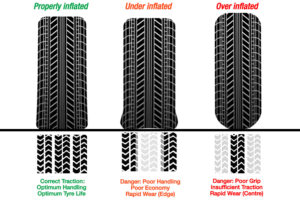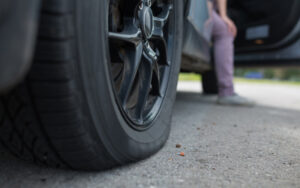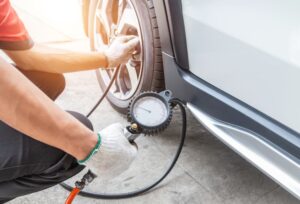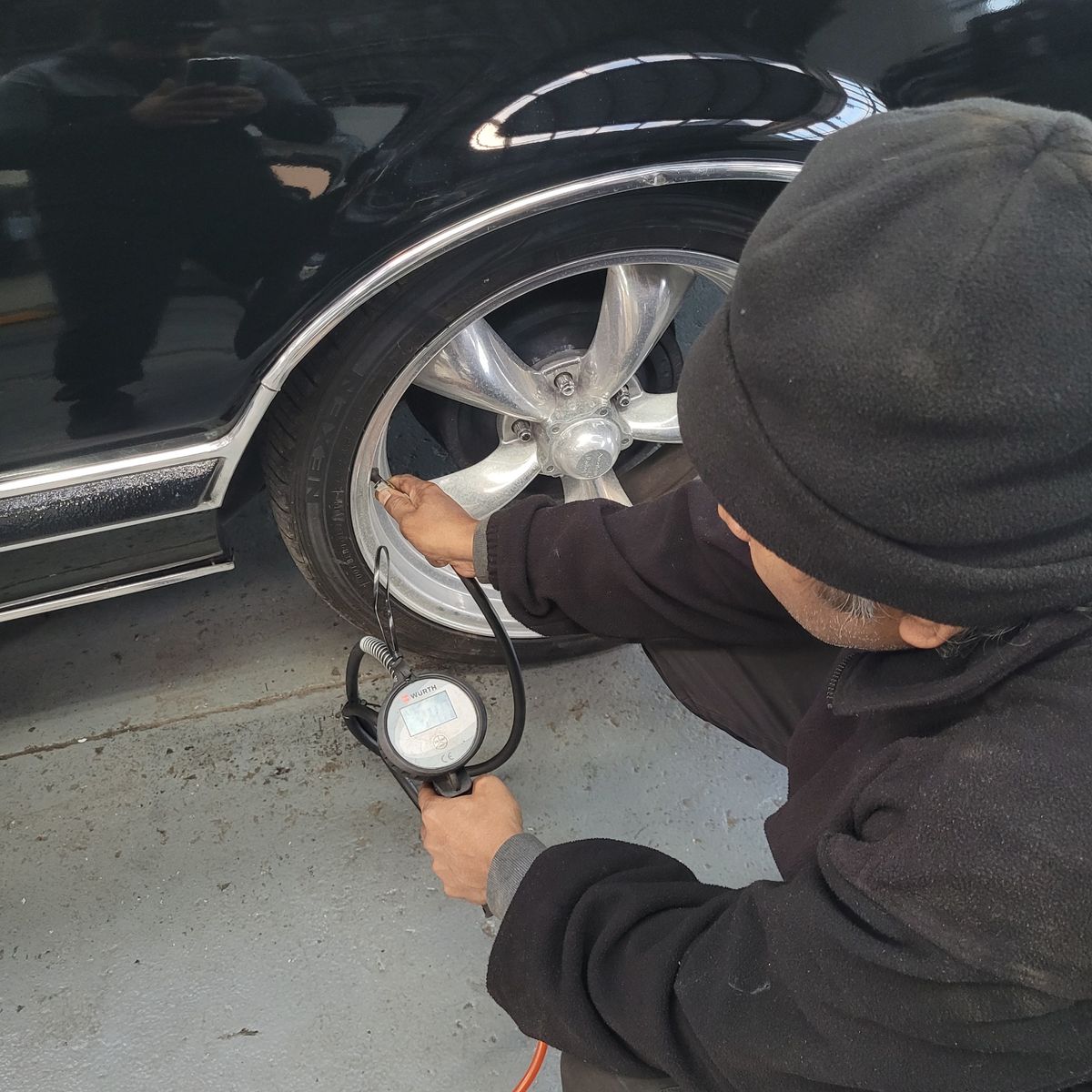Correct Tyre Pressure: What Every Hamilton Driver Needs to Know
Honestly, checking your tyre pressure isn’t the flashiest part of owning a car, but around Hamilton – through all the traffic lights on Ulster Street or dodging potholes out in Nawton – it’s bloody important. It’s not even really the rubber holding your car up, it’s the air inside your tyres. If you’re running your Mazda Atenza or Toyota Vitz with dodgy pressures, you’re not just asking for trouble, you’re making everything harder – from handling the roundabouts in Flagstaff to getting through that congestion down Te Rapa Road during school drop-off.
Tyre pressure makes a difference for heaps of reasons – how comfy the ride is, how well the car steers, how grippy it feels going around corners, and even how quickly you can pull up if some joker slams the brakes at the lights down Victoria Street. Don’t just leave it till you’re waiting for a WOF Hamilton booking – keep an eye on it yourself, ideally once a month (here’s why). Tires slowly let out about 1-2 psi every month, even if you’re only doing the odd trip out to Cambridge or Morrinsville to see the folks. So, keep an eye on it – it’s not hard.

What Should Your Tyre Pressures Be?
Good question and it’s one we get a lot – whether someone’s running a hybrid Nissan X-Trail or an older Peugeot 308 wagon. Your recommended psi (or kpa) depends on how much your car weighs, what it’s hauling, and what tyres you’re running. You’ll usually find the sweet spot listed on a sticker inside the fuel flap, along the driver’s door, or in your glovebox manual. Sometimes you’ll spot it on the sidewall too (how to find it). Can’t see it anywhere? As a rule, chuck about 30-32 psi in the back and 32-34 psi in the front, and you’ll be pretty close – always when the tyres are cold though.
Cold Inflation Pressure? Sounds Technical but It’s Simple
Morning in Hamilton, especially in winter, can be freezing cold and foggy. By midday out in Rototuna, your tyres’ pressures can be up or down by a bit (about 1.5 psi for every 10 degrees difference). Gas expands in the heat and contracts with the cold. So, check tyres first thing before you hit the road for the school pickup or that roadie to Te Awamutu. Especially important if you’re loading up the boat or caravan over summer or during a wet winter snap (read more here).
Why Bother With Correct Tyre Pressure?
-
Fuel Economy
If you like saving a bit at the pump (and let’s be honest, who doesn’t with the way fuel prices are going in NZ), right tyre pressure makes a difference. Correct pressure can lift your mileage by around 0.6% (sometimes up to 3%). Underinflated tyres? You’ll use about 5% more fuel (see why). Not good for the pocket or the planet.
-
Safety
An underinflated tyre is just waiting to cause a mess – and it’s a common reason for blowouts, especially when people are hoofing it around the State Highway to Raglan. You get one pop, car’s skidding, and suddenly you’re calling us for a tow instead of a simple car service Hamilton. For your safety and everyone else’s, keep them pumped up.

Tyres are dear, so you want them to last. Running your Honda Fit or VW Golf too soft wears them out fast – losing up to a quarter of the life if you’re out by just 5 psi (here’s more info). If you’re not checking monthly, you’re already on the back foot (see how we check).
-
Handling
Steering sluggish? Brakes feel off? Sometimes it’s just not enough air in the tyres. We see it nearly every week – from Hyundai Ioniqs driven by busy mums in Dinsdale to Suzuki Swifts clocking up the KMs for work up towards Ngāruawāhia. Get your tyres right, and you’re sorted for grip and control, simple as.
How To Check Tyre Pressure (Like a Pro…Or Close Enough)

- First, figure out what your car wants. Look for that sticker or the manual.
- Do it with cool tyres – not right after a blast along Hukanui Road, or you won’t get it accurate.
- Park up flat (not halfway on the kerb outside New World Hillcrest), so you get a proper reading.
- Unscrew the valve cap, slap on a gauge (or hit up the air pump at Gull or Z), and see what it reads.
- Need more? Pump them up. Too much? Let a bit out till you’re on the mark.
If you

